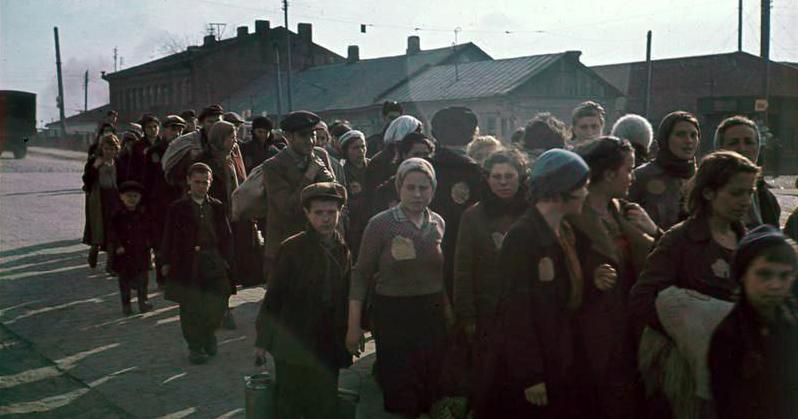Helmuth Leif Rasmussen, a 91-year old Dane, will not be prosecuted. He was accused of involvement in the mass killing of Jews, during World War II, at a concentration camp in Belarus. Danish authorities said they don’t have any hard evidence that he took part in the murders or that he committed murder.
According to Danish investigators, the probe was very thorough, but the evidence against the elderly Dane was inadequate.
A close connection to the actual crime itself is required in order to be indicted for participation in mass murder. For example, do you prosecute a known burglar for the break-ins in a community just because he was seen in the neighborhood at the time of burglaries? No! You need evidence.
A spokesperson for the Simon Wiesenthal Center in Jerusalem commented that this is a very sad day, the accused must be happy; however, the families of the victims are not.
In 2015, Denmark’s Justice Ministry turned down a request from the Simon Wiesenthal Center to open an investigation saying it was not their concern. The Center went to the Danish law enforcement authorities and asked them to investigate the case.
Because of some documents found by Danish historians, they believed there was sufficient evidence against Rasmussen. The documents were said to have implicated Rasmussen in the deaths of 1,400 Jews because he was part of the higher echelon of authority in the concentration camp operated by the Waffen SS. Because he was implicated as part of the operation of the camp; that should have been enough evidence to convict him for accessory to murder, at the least.
Although it has been documented that Rasmussen was in the camp in 1942 and 1943 and the investigation includes reasonably good information from the Danish National Archives, there is just not enough sound evidence. The requirement for evidence is the same, whether the matter is 73 years old, as this case is, or if the case is one hour old.
After a very thorough investigation and taking into consideration his prior conviction, it was determined there is no evidence that Rasmussen committed a specific crime of murder. When the War was over, he was found guilty of serving as a soldier of the Third Reich and was sentenced to six years in prison. It should also be noted that Rasmussen, among others, had been investigated for war crimes under Danish law.
Rasmussen has acknowledged, that after Germany conquered the little Scandinavian country in 1940, he was one of 6,000 Danish volunteers who enlisted in the Waffen SS.
He has changed his name and is now known as Rasboel. He hasn’t been available to provide a statement but has always strongly denied any participation in the mass murders. Rasmussen has admitted that he saw Jews being executed and tossed into mass graves. But he has always maintained that he was only a bystander, Miami Herald reported.
Rasmussen and the Simon Wiesenthal Center were informed by Danish authorities that prosecution will not be going forward because of a lack of evidence. The Simon Wiesenthal Center has indicated to Denmark’s top prosecutor that they, in all likelihood, would appeal the decision.
